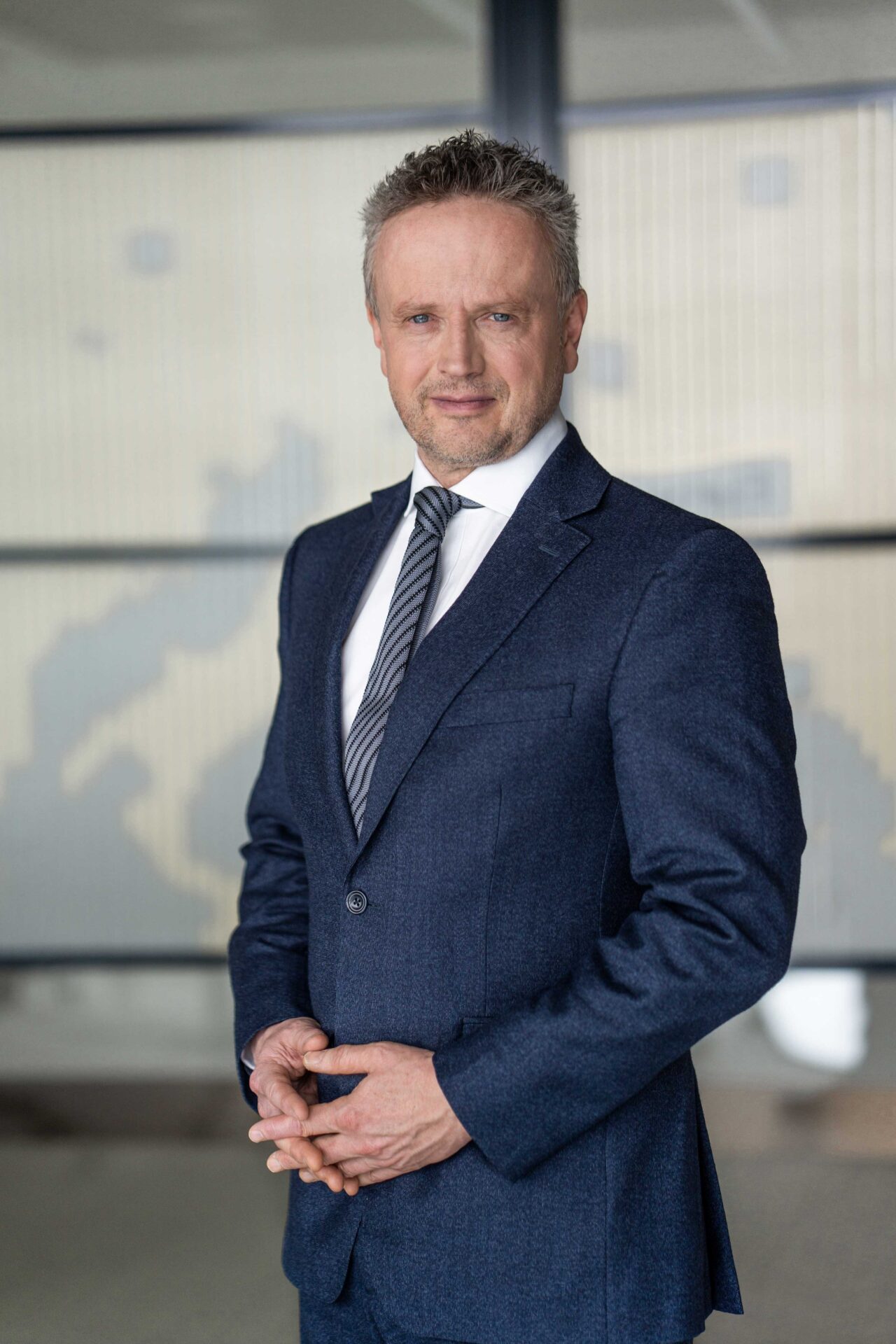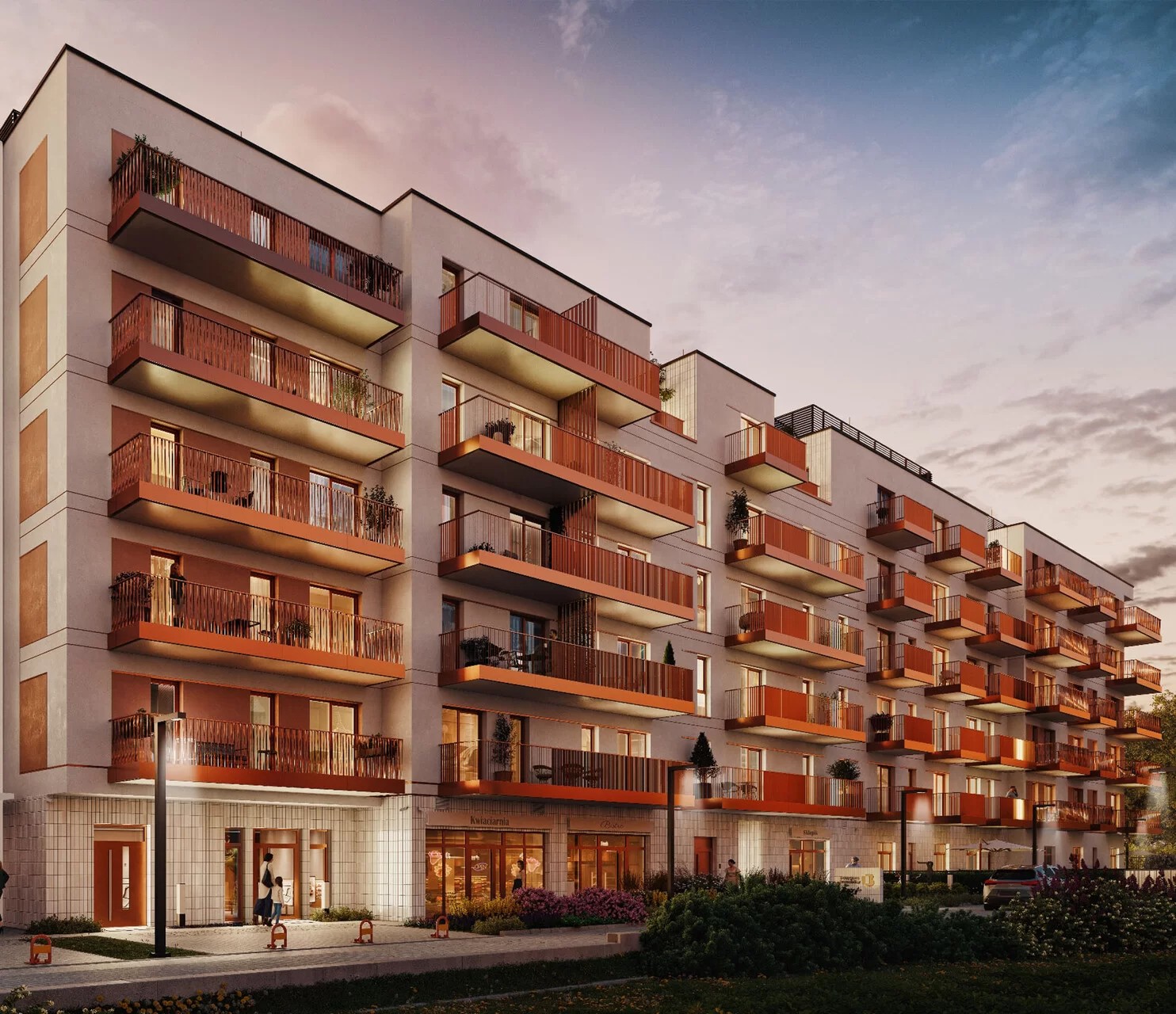European real estate is experiencing an encouraging moment, “although we still have an inverted interest rate curve, which means that not all capital markets are stable”. This is one of the conclusions anticipated by Riccardo Abello, Managing Director of Eurazeo Real Assets, at the presentation of The District 2024 in London, which has been the prelude to what will be seen from 25 to 27 September in Barcelona, and which has had different international experts from the real estate industry.
In a conversation with Juan Velayos, chairman of The District, Abello indicated that due to the current context, the opportunity in equity investments now lies in “Operational Real Estate, because different macro trends are emerging, which are here to stay” or in debt or more structured equity, as “these are the ways to enter the market with good visibility of what is going to happen in the next 2-3 years”.
One of the macro trends detected, which reflects the progress of operational assets, is the specialisation that the market is experiencing because of changing consumer habits. An example of this is the rise of co-living, co-working or student housing, which are proposals that provide a solution to a segment of the population that requires very specific needs, related to mobility or age, and are prepared to pay for the services provided. In this last term, Abello emphasized the interest of the senior population in being cared for in health centres, a factor that has led to the growing priority of investors in healthcare.
In addition, the specialist explained that the millennial generation is part of a change in concept in which young people no longer want to purchase expensive goods, but rather they want to enjoy bespoke experiences. “The junior in a financial service industry does not aspire to own a car, but wants to go away for a weekend to play tennis with an ATP-level coach after a long week of work in the office”, he exemplified. Thus, “as this public has more income, the aggregate demand for leisure will be boosted”, he concluded. At the same time, Abello insisted on the possibilities of hospitality, especially in countries such as Spain, Italy, Portugal and Greece, which have less institutional ownership and all have record numbers of tourists, recorded after the pandemic.
In terms of territories, the Eurazeo executive acknowledged that the UK is “probably the market that is seeing a bit more activity because of the way it works and the better structures it has to address the pricing imbalance”, while Germany “is the most difficult to access at the moment because yields were so low that there has been a good level of repricing, but opportunities are just emerging”.
Data centres, the guest star of real estate capital
Another of the main topics discussed at The District’s analysis day in London was the importance of data centres in the current real estate capital scenario. Simon Chinn, Vice President of Research & Advisory Services at Urban Land Institute, pointed out that “although data centres are a sector that is at the top in Europe, where investors want to be because of the profitability they offer, it is difficult to enter. Lack of knowledge, lack of liquidity or the volume of operations or compensation are some of the causes that put projects on the back burner”.
In this sense, David Hurtado, Managing Director of Quetta Data Centers, Chinn mentioned the importance of teams to successfully develop data infrastructures, a talent that does not evolve at the same time as the assets. “In Spain, the market has almost doubled in two years, but the number of professionals has not multiplied in these two years,” he said. “And from my point of view the most important thing is the staff, and their expertise, because you are not selling parameters, you are not selling megabytes, you are offering sophisticated engineering,” he indicated.
In addition, one of the determining causes of the rise of data centres is the emergence and evolution of artificial intelligence, as explained by Andrew Fray, Head of the EMEA Data Centre at Cushman & Wakefield. “This is what is stimulating additional demand for this type of construction, which will have to stop being metro locations, so the location will play a fundamental role”, he shared. In this respect, Chinn highlighted the relationship between the available land and the energy supply needed for the data centre to operate at its full capacity. These capacities can be overwhelmed by the amount of ‘data waste’ that accumulates in the cloud, which can account for up to 88 percent of the content stored. To address this problem, Fray proposed at the meeting “a tax by the administration added to the data to offset its climate impact”.
Demographics and affordable housing in cities
The District 2024 roadshow in the Anglo-Saxon city also had time to analyze the demographic challenges that arise in European capitals, where tourism, international talent, the local population and the attraction of investment are mixed. In this sense, Xavier Mayo, Head of Promotion of the City Abroad of Barcelona City Council, and Ignacio Diaz-Mauriño, Associate Architect at Allies and Morrison, highlighted the potential of major world events such as the Olympic Games or the America’s Cup, to transform cities into industrial, urban planning and global projection spheres. However, Mayo defended the model of “designing a city for the whole world”, to which Diaz-Mauriño added, emphasising that cities should be “a place to live, play and work”.
For this to happen, the experts focused on the creation of affordable housing through public-private collaboration, something that, in the words of Mayo, “has been delayed for years by governments”. An alternative solution proposed by the architect of Allies and Morrison is to “promote flexibility in the use of buildings. To consider when designing them that they can be converted into a student residence and later adapted for offices, for example”.
The District, the “Davos” of real estate capital
These sessions in London are part of the international roadshow that The District 2024 is organising. This third edition of the summit will bring together more than 12,000 real estate capital managers in Barcelona, to shed light on the doubts of investors in the run-up to 2025, as well as discover the macro-trends that will mark the roadmap for European Real Estate.







